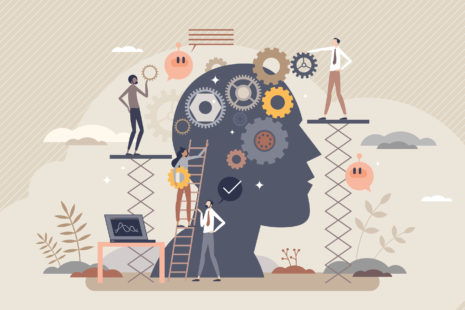Applying emotional intelligence (EI) in personal and professional contexts can lead to a wide range of positive outcomes. Emotional intelligence, encompassing the abilities to recognize, understand, manage, and use emotions effectively, can profoundly impact one’s quality of life, relationships, and career success.
Here are some of the key consequences of applying emotional intelligence…
In Personal Life
- Improved Self-awareness – By understanding your own emotions, you can gain insights into your thoughts, behaviors, and motivations, leading to better decision-making and personal growth.
- Enhanced Relationships – EI skills like empathy and effective communication can strengthen relationships with family, friends, and partners by fostering understanding, trust, and cooperation.
- Better Stress Management – Emotional intelligence helps in identifying stressors and managing reactions to them, thereby enhancing one’s ability to cope with challenges and maintain mental well-being.
- Increased Resilience – The ability to manage and bounce back from adversity is a hallmark of emotional intelligence, contributing to greater resilience in the face of life’s ups and downs.
In Professional Life
- Leadership Success – Emotional intelligence is closely linked to effective leadership. Leaders who are emotionally intelligent can inspire, motivate, and connect with their team members, leading to improved performance and satisfaction.
- Enhanced Teamwork – EI facilitates better communication, conflict resolution, and collaboration among team members, contributing to a more positive and productive work environment.
- Career Advancement – Individuals with high EI are often more adaptable, proactive, and able to navigate workplace dynamics effectively, qualities that can lead to career advancement and success.
- Customer Satisfaction – In roles that require customer interaction, emotional intelligence can lead to better understanding and meeting customer needs, resulting in higher satisfaction and loyalty.
In Educational Settings
- Improved Academic Performance – Students with higher emotional intelligence tend to have better focus, motivation, and ability to handle stress, contributing to improved academic performance.
- Enhanced Social Skills – Emotional intelligence fosters better social interactions and relationships among students, which is crucial for a supportive and inclusive educational environment.
In Health and Well-being
- Physical Health – Effective stress management and emotional regulation associated with high EI can have a positive impact on physical health, reducing the risk of stress-related health issues.
- Mental Health – Emotional intelligence is linked to lower levels of anxiety and depression and contributes to overall psychological well-being.
Societal Impact
- Conflict Resolution – Emotional intelligence can play a key role in resolving interpersonal and group conflicts by promoting empathy, understanding, and constructive communication.
- Empathy and Compassion – By fostering an understanding of and connection to the emotions of others, EI can contribute to a more empathetic and compassionate society.
While the benefits of applying emotional intelligence are manifold, recognize that developing EI is an ongoing process. Continuous effort in cultivating self-awareness, empathy, emotional regulation, and social skills is for reaping these positive outcomes. The context in which emotional intelligence is applied—along with individual differences in personality, culture, and environment—can influence the specific consequences experienced.







